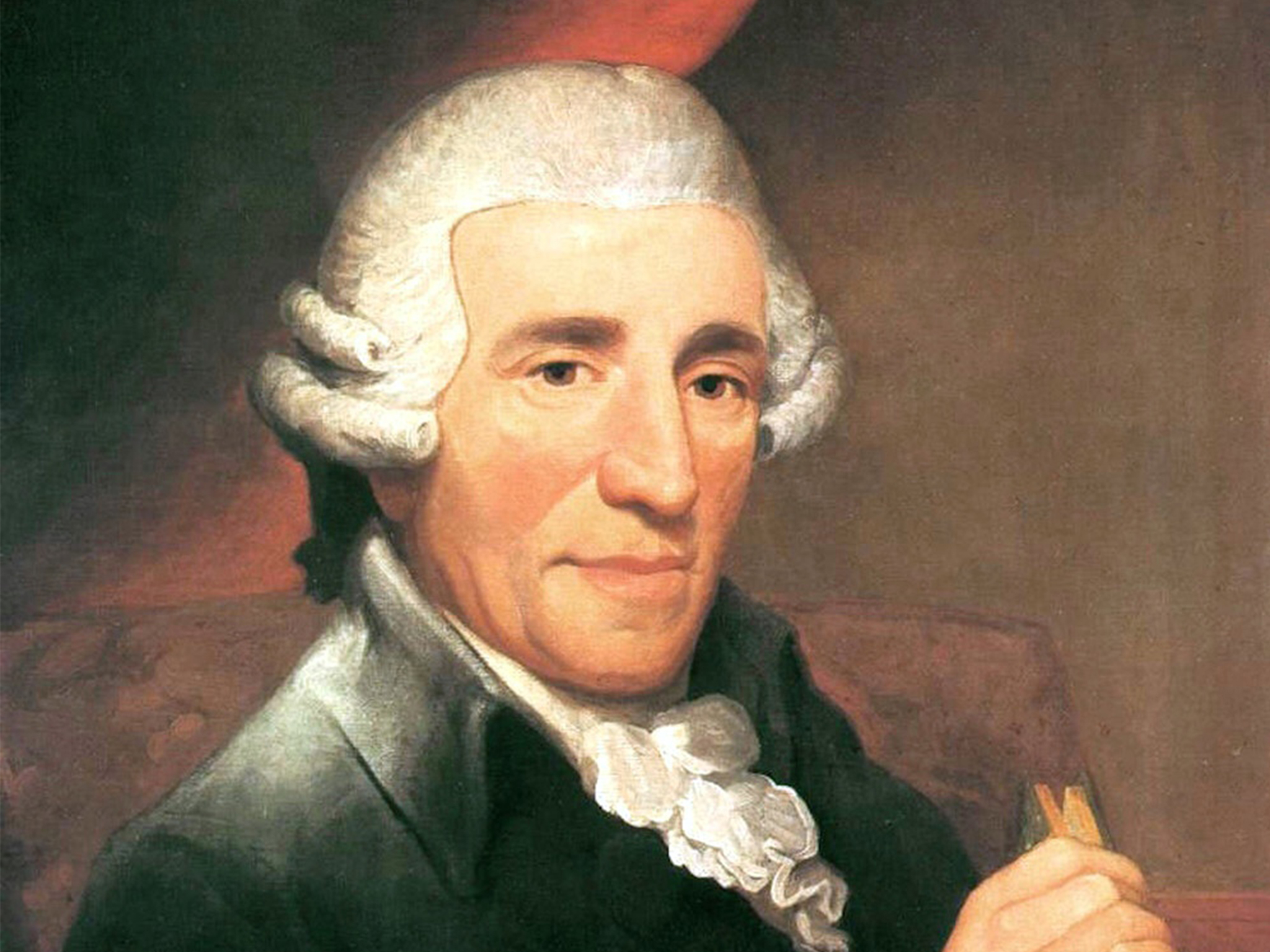
The Father of the Symphony: A Biography of Joseph Haydn
Franz Joseph Haydn (1732-1809) was an Austrian composer who stands as one of the most pivotal figures in the development of classical music. Often referred[…]

Haydn – Symphony No. 49, ‘La Passione’
Among the many symphonic masterpieces penned by Joseph Haydn, Symphony No. 49 in F minor, commonly known as “La Passione”, stands out for its intense[…]

Haydn – ‘London’ Symphony No. 104
Joseph Haydn’s Symphony No. 104 in D major, popularly known as the “London” Symphony, stands as a crowning achievement in the symphonic repertoire and a[…]

Haydn – Nelson Mass
Among Joseph Haydn’s vast and influential output, few sacred works resonate with as much dramatic intensity and historical intrigue as the Nelson Mass. Officially titled[…]

Haydn – Cello Concerto No. 1
Joseph Haydn’s Cello Concerto No. 1 in C major, Hob. VIIb:1, stands as one of the most remarkable rediscoveries in classical music history. Composed around[…]

Haydn – ‘Emperor’ String Quartet
Among the towering achievements of the Classical era, few chamber works possess the emotional resonance and historical significance of Joseph Haydn’s “Emperor” String Quartet, officially[…]

Haydn – The Creation
One of the crowning achievements of Joseph Haydn’s illustrious career, The Creation (Die Schöpfung) stands as a monumental work in the history of Western music.[…]

Haydn – Symphony No. 94
Joseph Haydn, often referred to as the “Father of the Symphony,” composed over 100 symphonies during his lifetime, each with its own unique character. Among[…]

Haydn – The Seven Last Words of Christ
Joseph Haydn’s The Seven Last Words of Christ stands as one of the most profound and spiritually resonant works in the classical canon. Composed in[…]

Haydn – The Seasons
Joseph Haydn’s The Seasons (Die Jahreszeiten) is one of the crowning achievements of his late compositional career. Composed between 1799 and 1801, this oratorio reflects[…]